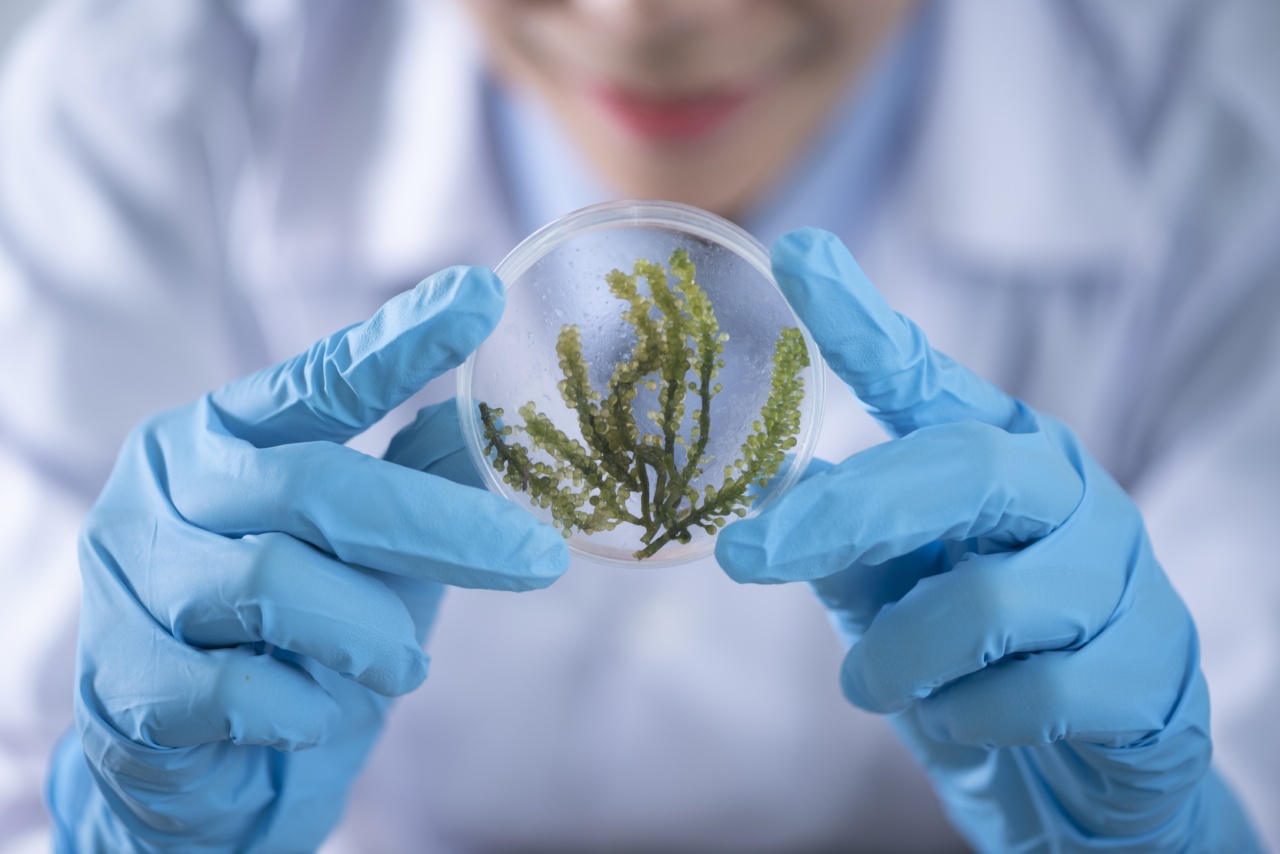When it comes to women’s sexual health, there is a great deal of focus on the reproductive organs. However, it’s important for women to understand that their sexual health encompasses much more than just their uterus and ovaries.
Vaginal microbiology refers to the complex ecosystem of microorganisms that reside within the vagina. In healthy women, the vagina is home to a variety of bacteria that work together to create a balanced environment that is resistant to infection.
When this delicate balance is disrupted, it can lead to a range of vaginal health issues, including bacterial vaginosis, yeast infections, and sexually transmitted infections.
The Role of Bacteria in Vaginal Health
While the concept of bacteria living in the vagina may sound alarming, it’s important to remember that not all bacteria are bad. In fact, many bacteria play a crucial role in maintaining vaginal health.
The primary bacterium found in the vagina is Lactobacillus. This bacterium is responsible for producing lactic acid, which helps to keep the pH balance of the vagina at an acidic level.
This acidic environment makes it more difficult for harmful bacteria to thrive, preventing infections and other vaginal health problems.
In addition to Lactobacillus, there are also several other types of bacteria that can be found in the vagina, such as Streptococcus, Staphylococcus, and Bacteroides.
These bacteria also play important roles in maintaining vaginal health and preventing infections.
Factors That Affect Vaginal Microbiome
There are several factors that can impact the balance of bacteria in the vaginal microbiome. Some of these factors include:.
Menstrual Cycle
The menstrual cycle can have a significant impact on the vaginal microbiome. During the menstrual cycle, the pH of the vagina becomes more alkaline, which can create a favorable environment for harmful bacteria to thrive.
Sexual Activity
Sexual activity can also impact the vaginal microbiome. Semen is alkaline, which can change the pH of the vagina and disrupt the balance of bacteria.
Antibiotics
Antibiotics are designed to kill bacteria, but they can also kill the beneficial bacteria in the vaginal microbiome. This can lead to a disruption of the balance of bacteria, creating an environment that is more susceptible to infection.
Douching
Douching is the practice of flushing water or other fluids into the vagina.
While some women believe that douching can help to keep their vagina clean and fresh, it can actually disrupt the balance of bacteria in the vaginal microbiome and increase the risk of infection.
Common Vaginal Health Issues
Bacterial Vaginosis
Bacterial vaginosis (BV) is a common vaginal infection that is caused by an overgrowth of harmful bacteria. Symptoms of BV may include vaginal discharge, itching, and a strong odor. BV is typically treated with antibiotics.
Yeast Infection
A yeast infection is a common fungal infection that can cause itching, burning, and discharge. Yeast infections are typically treated with antifungal medication.
Sexually Transmitted Infections
Sexually transmitted infections (STIs) are infections that are transmitted through sexual contact. Common STIs include chlamydia, gonorrhea, and genital herpes.
STIs can have serious health consequences if left untreated, so it’s important to see a healthcare provider for testing and treatment if you suspect that you may have an STI.
How to Maintain Vaginal Health
Maintaining vaginal health is key to preventing vaginal infections and other issues. Here are some tips for maintaining a healthy vaginal microbiome:.
Practice Safe Sex
Using condoms and dental dams during sex can help to reduce the risk of sexually transmitted infections.
Avoid Douching
Avoid the practice of douching, as this can disrupt the balance of bacteria in the vaginal microbiome.
Wear Breathable Underwear
Avoid tight-fitting clothing and opt for loose, breathable underwear instead. This can help to reduce the risk of vaginal irritation and infection.
Eat a Balanced Diet
Eating a balanced diet that is rich in nutrient-dense foods can help to support overall health, including vaginal health.
Practice Good Hygiene
Good hygiene is essential for maintaining vaginal health. This includes washing the external genital area with mild soap and water and avoiding the use of perfumed soaps or lotions that can cause irritation.
Conclusion: Maintaining Vaginal Health through Understanding Vaginal Microbiology
Understanding the complex ecosystem of bacteria that make up the vaginal microbiome is essential for maintaining good vaginal health.
By taking steps to support a healthy vaginal microbiome, such as practicing safe sex, avoiding douching, and eating a balanced diet, women can reduce their risk of vaginal infections and other issues, leading to improved sexual health and wellbeing.






























